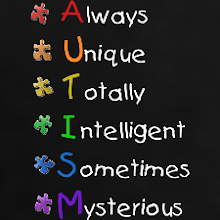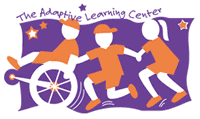We know it's genetic, so how about providing services instead of talking about watching later sibs for the risk of ASD.
It's already known that children with older siblings who have autism spectrum disorder or ASD, have a higher risk of developing the condition themselves, and a new study in Pediatrics finds that risk is even higher than previously expected.
In the study, the largest of its kind, according to Ozonoff, researchers monitored 664 infants, registered with the Baby Siblings Research Consortium who either had an older biological brother or sister with ASD. They followed the little ones from infancy to 36 months. Previous studies estimated that the ASD recurrence risk in younger siblings was between 3% and 10%. But this study found that the overall risk was much higher, at 18.7% and even higher in families with more than one affected sibling – about 32.2%.
"This does not mean that every family who has a child with ASD will have a second child with ASD. It's just their risks are higher," noted Ozonoff. "And keep in mind we found that 80 percent of children with older siblings who had ASD never developed any signs of autism. It's just an indicator that parents and physicians need to be aware of."
Male babies experienced nearly three times the risk over female infants, 26% versus 9%. Age of parent, gender of the older sibling or birth orders were not predictors of the condition, meaning if the first child in the family does not have ASD, and the second child does, the risk percentages are still the same for the next child.





















No comments:
Post a Comment
Comments